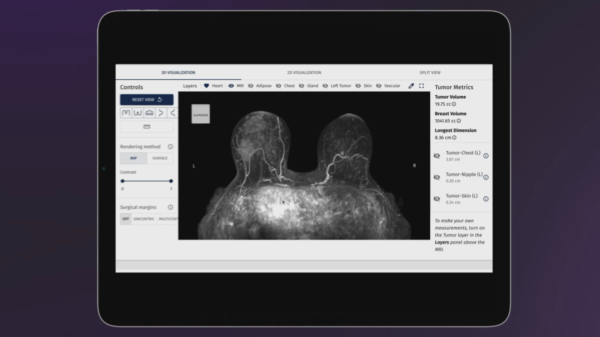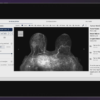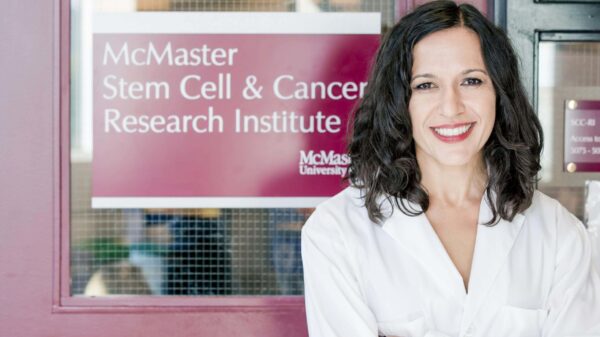GSK plc (NYSE: GSK), former GlaxoSmithKline, has received priority medicines designation (PRIME) for its extensive stage small-cell lung cancer (ES-SCLC) treatment prospect from the European Medicines Agency (EMA).
Announced originally on Monday, the prospective medicine is its B7-H3 targeted antibody-drug conjugate (ACD) called GSK’227. The US Food and Drug Administration (FDA) also awarded the prospective treatment breakthrough therapy designation in August.
The EMA based its decision on early clinical outcomes from the ARTEMIS-001 study. The study is a Phase I trial involving over 200 patients that is assessing safety, tolerability, and initial anti-tumour efficacy. Chinese-based Hansoh Pharma is conducting the trial to evaluate GSK’227 in patients with locally advanced or metastatic solid tumours, including relapsed ES-SCLC.
“This PRIME designation is an important step forward as we seek to accelerate the development of GSK’227 in extensive-stage small-cell lung cancer and other tumour types with limited treatments,” said Hesham Abdullah, the global head of GSK oncology research and development.
“Our investigational B7-H3-targeted ADC is a key component of our broader ADC programme.”
GSK began a Phase I global trial to support the therapy’s registrational pathway. In early 2024, the company secured exclusive global rights from Hansoh to advance the clinical development and commercialisation of GSK’227, excluding mainland China, Hong Kong, Macau, and Taiwan.
GSK’227, also called HS-20093, is a type of targeted cancer therapy. It is a lab-made antibody designed to attach to a specific protein called B7-H3. This protein is often found on the surface of cancer cells. Once it attaches, the therapy delivers a powerful drug called a topoisomerase inhibitor directly to the cancer cells to kill them, while aiming to limit damage to healthy cells.
Read more: Breath Diagnostics pioneers novel lung cancer breath test
Read more: Breath Diagnostics takes aim at lung cancer with One Breath
Small cell lung cancer treatment typically chemo and radiation therapy
Small cell lung cancer is an aggressive form of lung cancer linked to smoking and characterized by rapid growth, early metastasis, and high recurrence rates. Doctors classify it as Limited-Stage (confined to one lung and nearby lymph nodes) or Extensive-Stage (spread to other organs).
For Limited-Stage SCLC, treatment is typically a combination of chemotherapy and radiation therapy. This is often followed by radiation to the head to keep the cancer from spreading to the brain. For Extensive-Stage SCLC, the standard includes chemotherapy and immunotherapy drugs, which have improved survival rates.
Researchers are actively exploring new treatments. Immunotherapy drugs, including checkpoint inhibitors and cancer vaccines, aim to enhance the immune system’s ability to fight SCLC. Targeted therapies, such as drugs attacking DLL3, and ADCs like GSK’227, seek to deliver cancer-killing agents directly to SCLC cells.
There’s also a large issue regarding early diagnosis in that not enough people are getting tested.
Physicians typically diagnose SCLC using imaging tests such as CT and PET scans to locate tumours and assess their spread. This is immediately followed by a biopsy to confirm the cancer type. Advances in diagnostics aim to detect lung cancer earlier through less invasive methods.
For instance, Breath Diagnostics has developed a breath analysis technology that detects biomarkers in exhaled breath, identifying volatile organic compounds linked to cancer metabolism. This approach offers a faster, non-invasive way to detect lung cancer at earlier stages. Additionally, Graematter uses AI and machine learning to analyze genomic and clinical data, improving early detection and the classification of lung cancers, including SCLC, which can aid in tailoring personalized treatments.
.














